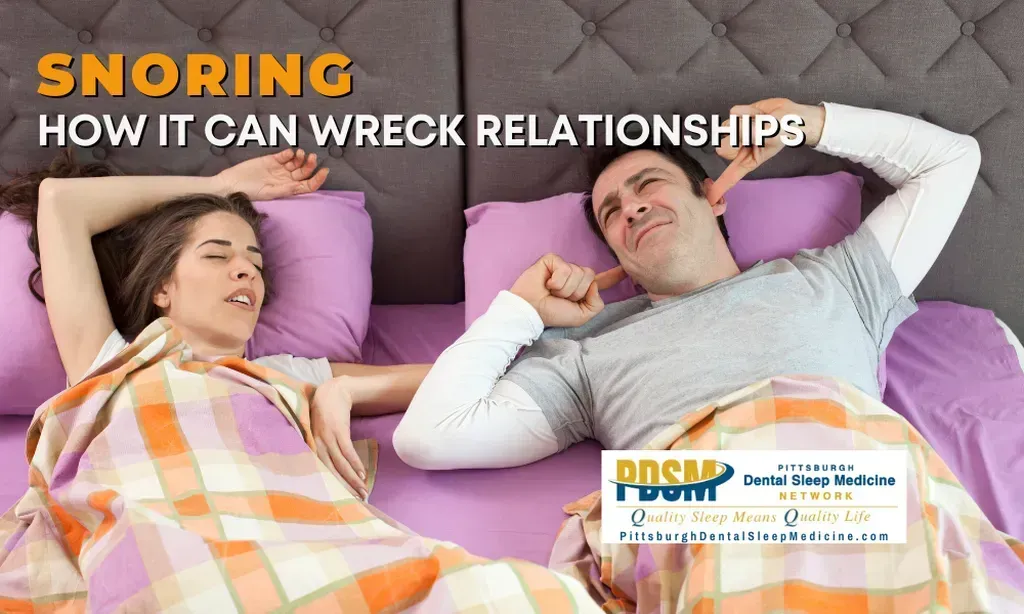TO FEAST, OR NOT TO FEAST

To feast, or not to feast-- that is the question.
The holidays are approaching, and we all know what that can mean: hearty meals, gob-stopping sweets and treats, hot cocoa and other rich creamy delights, and maybe an alcoholic beverage or two! It’s a time when you could EASILY put on 5-10 pounds when the festivities are all over.
While it may seem like indulging and adding on 5-10 pounds won’t be big deal, the truth is that even a small amount of weight gain can not only cause visible changes to your body, it can also cause hormonal changes due to the increased fat surrounding your organs (visceral fat). This hormonal change can cause a reduction in your metabolism which slows the digestion of food and can accelerate the speed at which you put on even more weight.
In addition to your body’s immediate reaction to weight gain, there can be a host of unhealthy physical changes that can occur including:
- Insulin resistance that leads to type 2 diabetes
- Increased blood pressure, which can lead to heart attack or stroke
- Neurological changes that may cause headaches, chronic body aches, and joint pain
- Depression that may result in stress, memory loss, insomnia, appetite changes, decreased sex drive, and fatigue
- Physical effects that can contribute to sleep disorders such as sleep apnea.
That’s right, a mere 10-pound weight gain can change your body mass index (BMI) and actually contribute to the onset of sleep apnea!
HOW DOES WEIGHT GAIN CAUSE OBSTRUCTIVE SLEEP APNEA?
Excess weight creates fat deposits in a person’s neck which can reduce and even block a person’s upper airway during sleep when the airway is already relaxed. This is known as Obstructive Sleep Apnea (OSA). With OSA, your diaphragm and chest muscles have to work harder to open your airway and pull air into your lungs. Your breath can become very shallow, or you may even stop breathing briefly. You usually start to breathe again with a loud gasp, snort, or body jerk. The most obvious symptom that you may notice first is snoring. This happens when air is literally being squeezed through a restricted airway. The condition can also lower the flow of oxygen to your organs and cause uneven heart rhythms.
HERE ARE SYMPTOMS THAT CAN RESULT FROM OBSTRUCTIVE SLEEP APNEA:
Common obstructive sleep apnea warning signs include:
- Daytime sleepiness or fatigue
- Dry mouth or sore throat when you wake up
- Headaches in the morning
- Trouble concentrating, forgetfulness, depression, or crankiness
- Night sweats
- Restlessness during sleep
- Problems with sex, like a low sex drive
- Snoring
- Waking up suddenly and feeling like you're gasping or choking
- Trouble getting up in the mornings
- Waking up often in the middle of the night to pee
- High blood pressure
- Gastroesophageal reflux disease (GERD)
According to the Sleep Foundation, obstructive sleep apnea (OSA) is the most common type of sleep apnea. Approximately 80% of people who struggle with weight issues have OSA. Those with severe OSA may have upwards of 30 or more breathing disruptions per night! What’s worse, not only can excess weight cause sleep apnea, but the lack of sleep that it causes can also lead to weight gain, making it a vicious cycle.
The good news is it’s possible for OSA to be reversed through weight loss. If you packed on extra pounds over the holidays but start the new year off right with exercise or a healthy diet, a short-term weight gain isn’t likely to have lasting consequences. LOSING just 10 lbs. and lowering your BMI can have remarkably beneficial health effects.
WHAT DO YOU DO IF YOU THINK YOU HAVE SLEEP APNEA?
Fortunately, there are steps that you can take to reduce the consequences of sleep apnea. If you have symptoms, the first thing you will want to do is see a physician (MD or DO) to discuss your symptoms, behavior, and family history. Your doctor will most likely refer you to a sleep disorder center or sleep medicine specialist. A sleep specialist can help you determine your need for further evaluation.
Some of the common recommendations that you will probably hear are general lifestyle changes such as adjusting your sleeping environment, changing sleep habits, losing weight, or changing your diet to eliminate fatty foods, caffeine, or alcohol. Other recommendations include quitting smoking, reducing stress, getting more exercise.
Your treatment path depends on your overall health and the severity of your sleep apnea. In cases where an underlying medical condition might be to blame, treating that condition immediately is often the first step.
Today, many doctors focus on recommending a treatment that the patient is more LIKELY to use and work hard to make that choice the most effective. Now that many insurance companies approve the oral appliance as a first-line treatment for mild to moderate sleep apnea, patients have an alternative choice with Oral Appliance Therapy.
WHAT IS ORAL APPLIANCE THERAPY?
An oral appliance is a device that works in your mouth during sleep. It resembles an orthodontic appliance or a sports mouthguard, although the technology behind oral appliances is more advanced. Trays fit snuggly on upper and lower teeth and they will be connected by some form of attachment.
Oral appliance therapy is an effective, non-invasive treatment that fits easily into your lifestyle. Patients like oral appliances because they are:
- Comfortable and Easy to wear
- Quiet
- Portable
- Easy to care for
- Covered by most medical insurance plans
In the Greater Pittsburgh Region, learn more about treatment for sleep apnea by contacting one of our
patient service coordinators online or by calling us at (724)935-6670.

